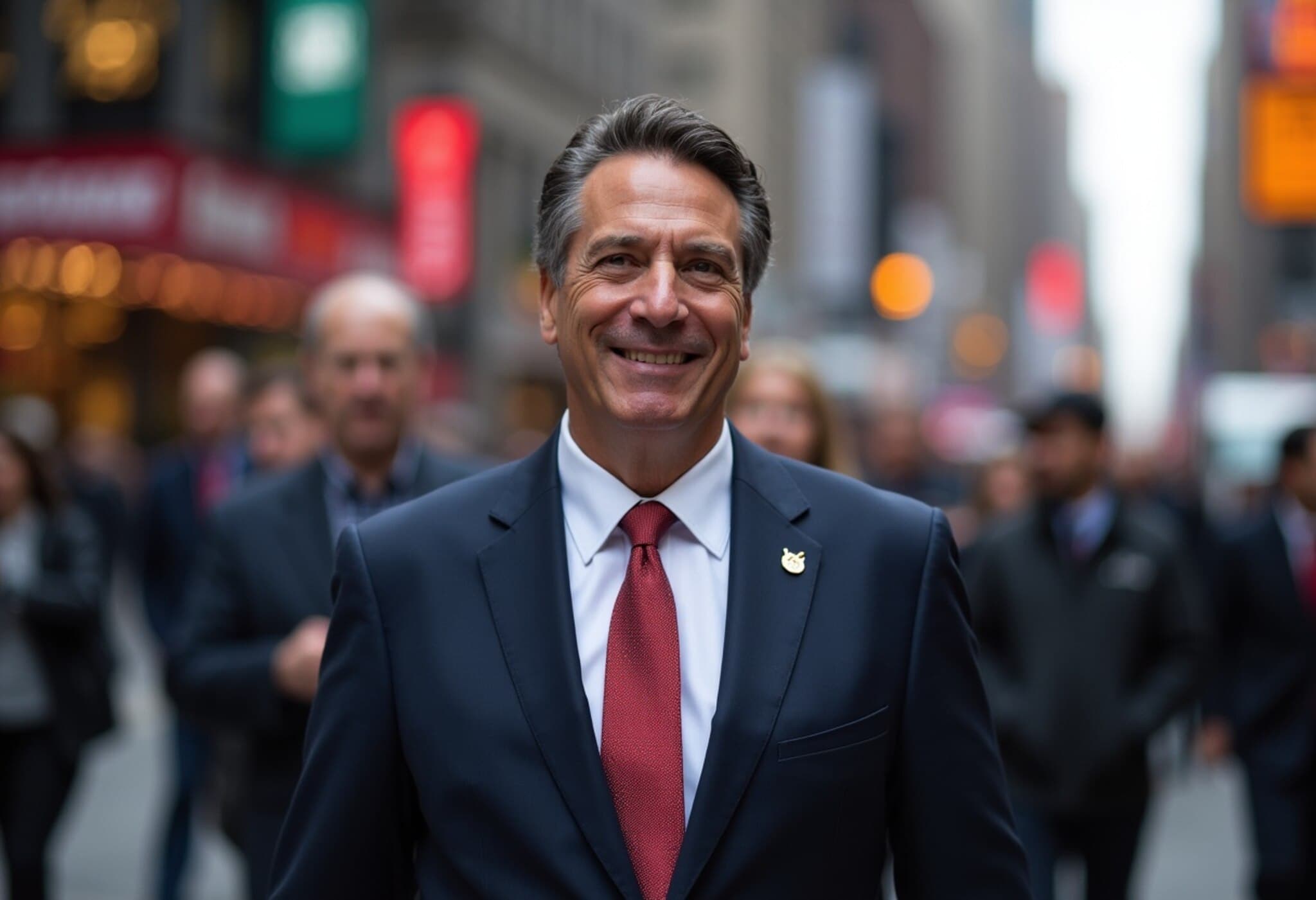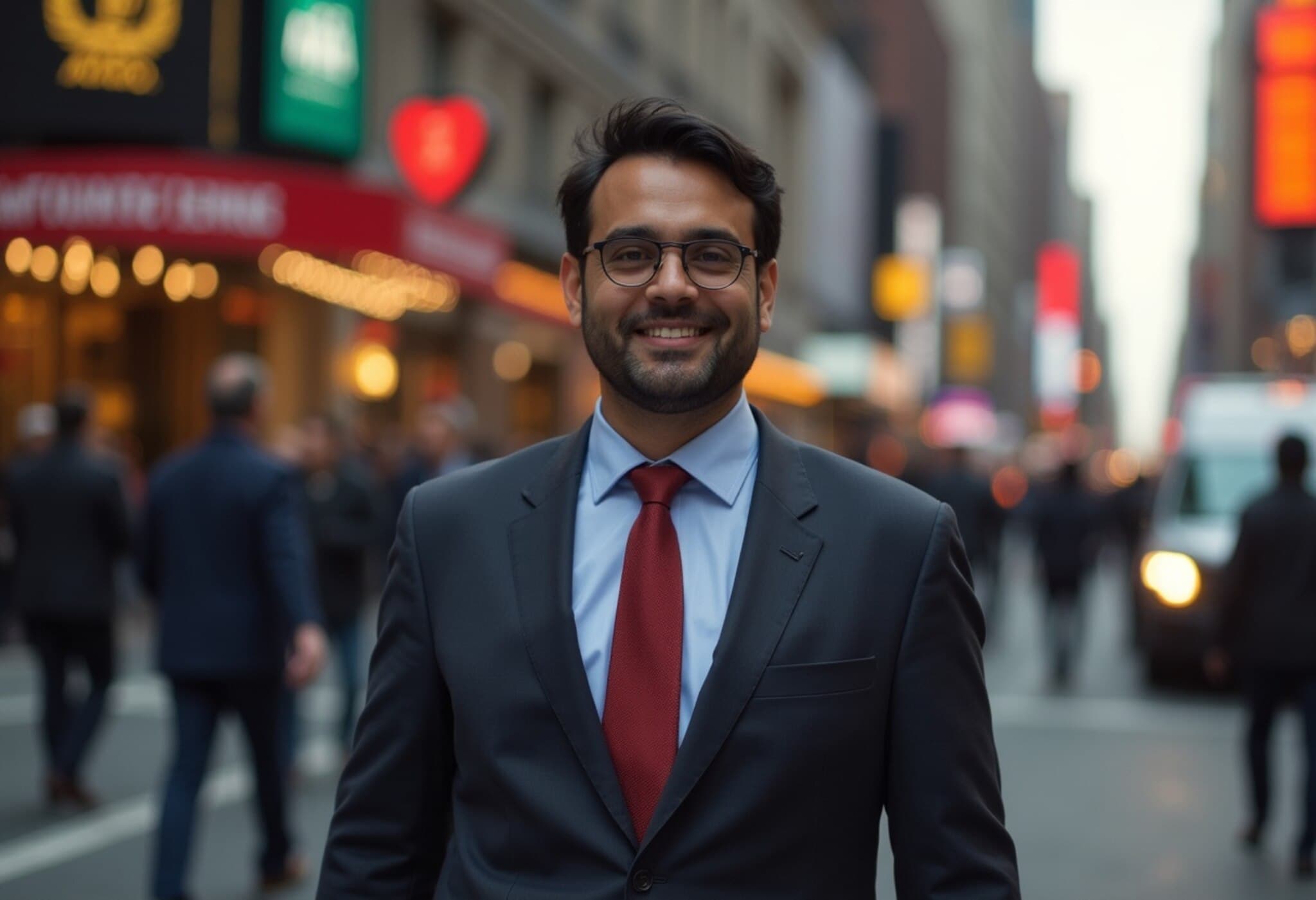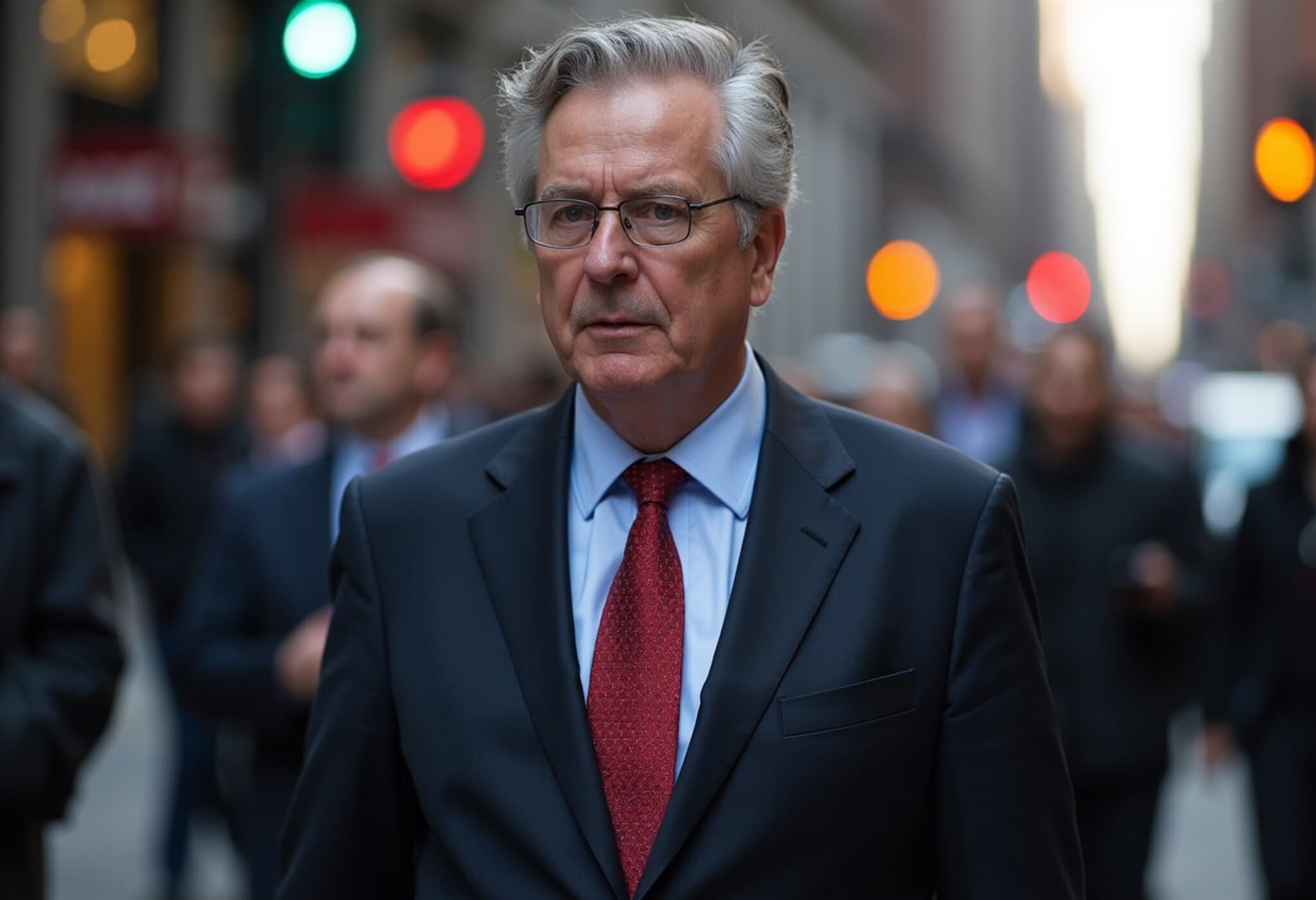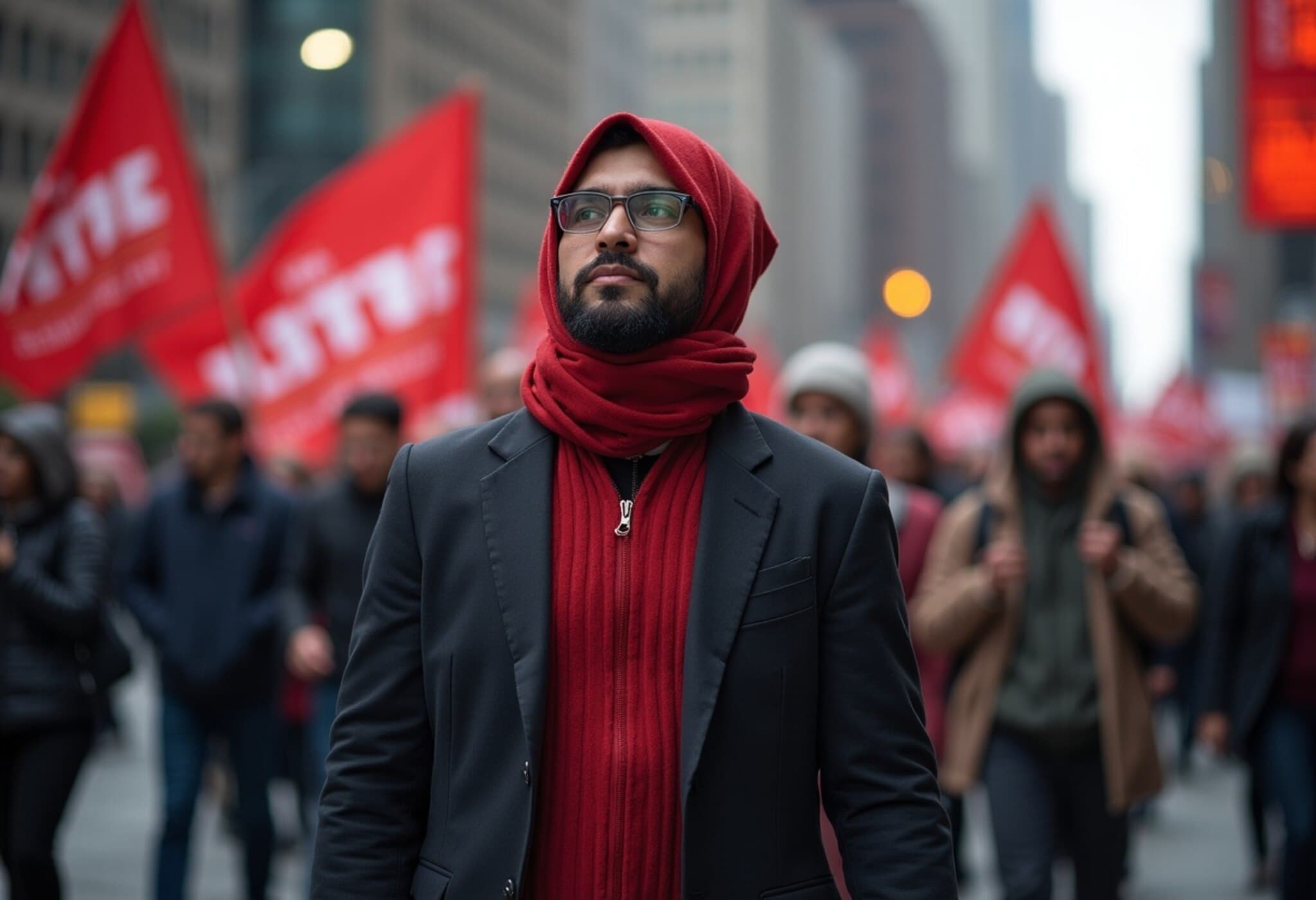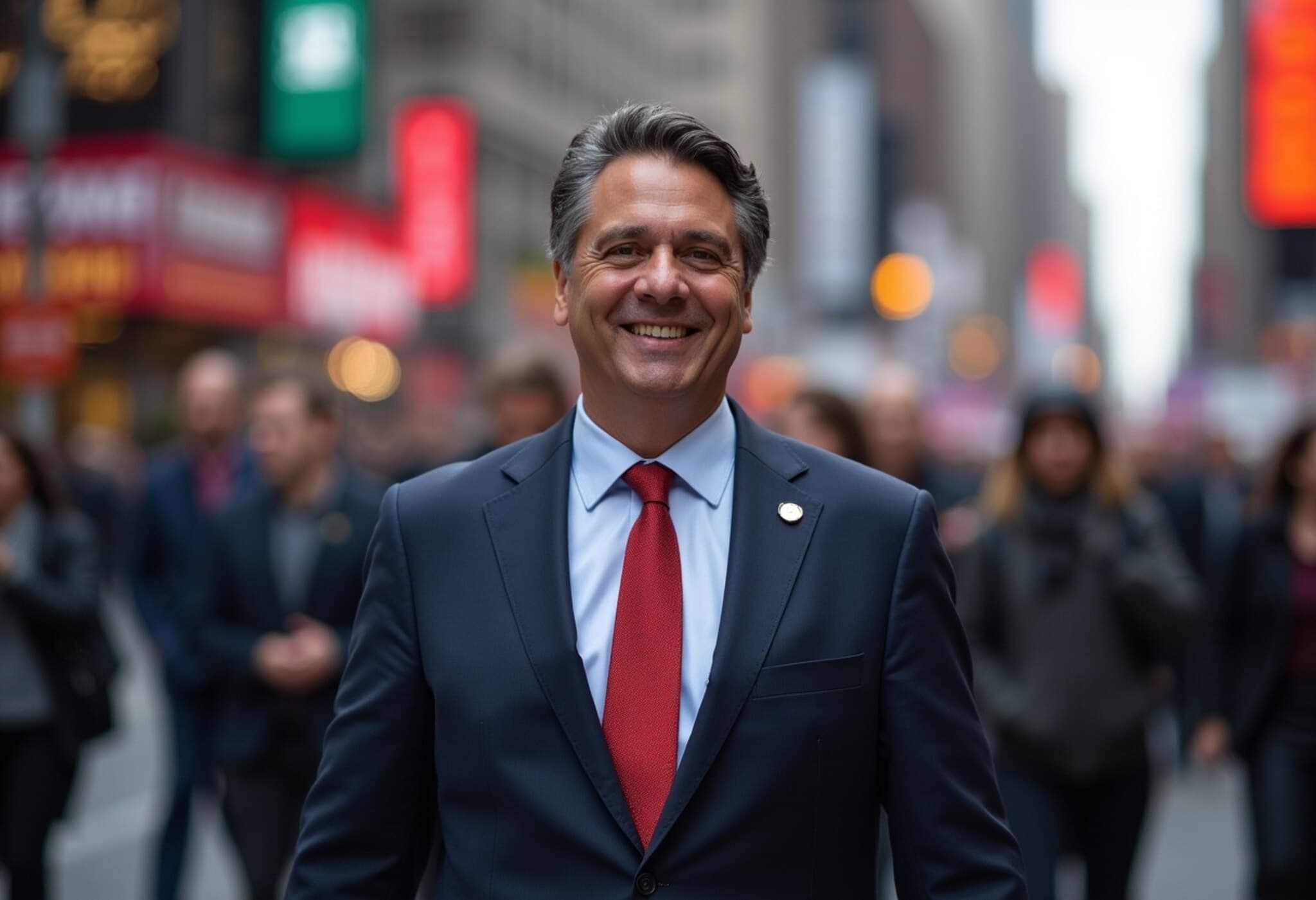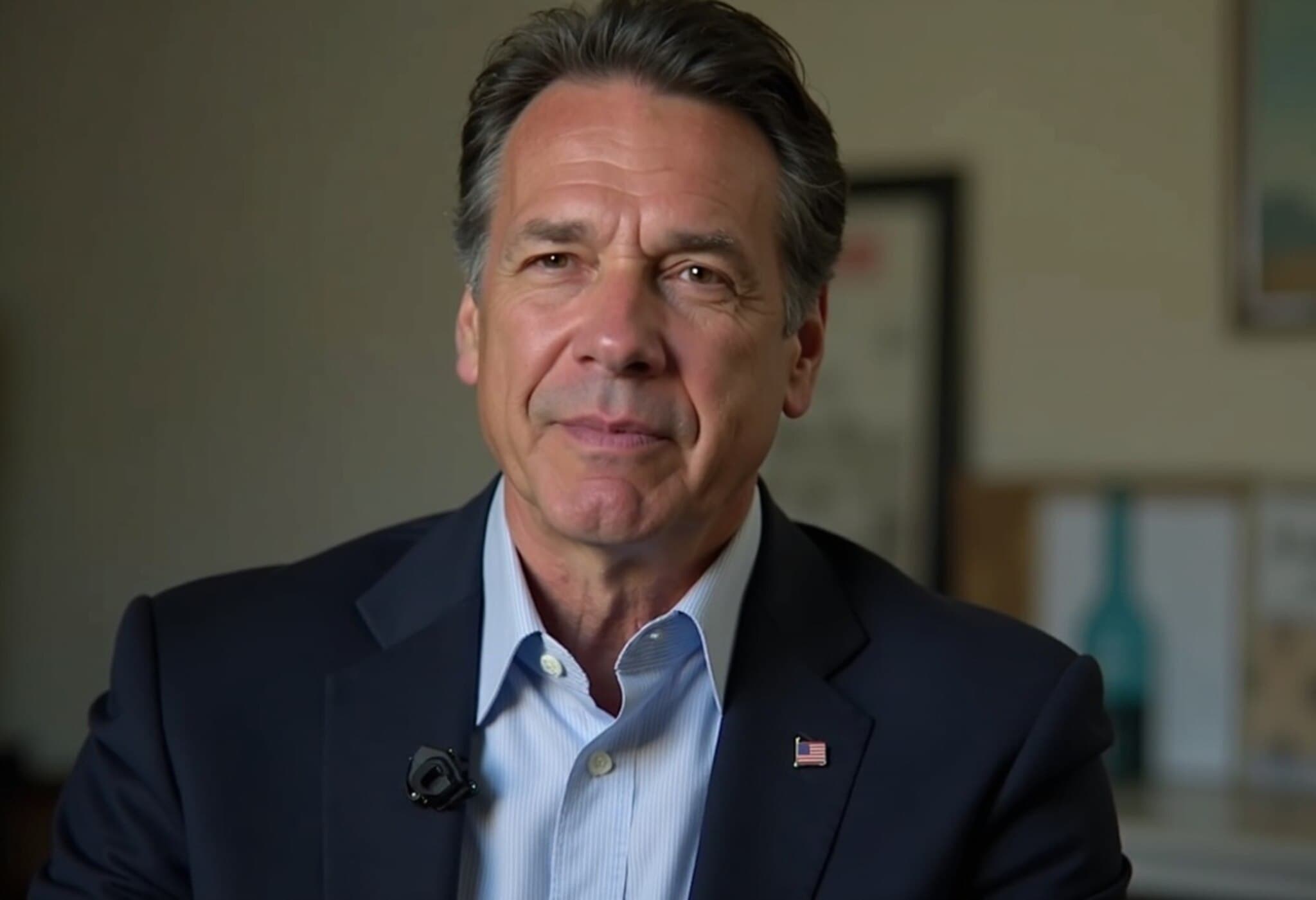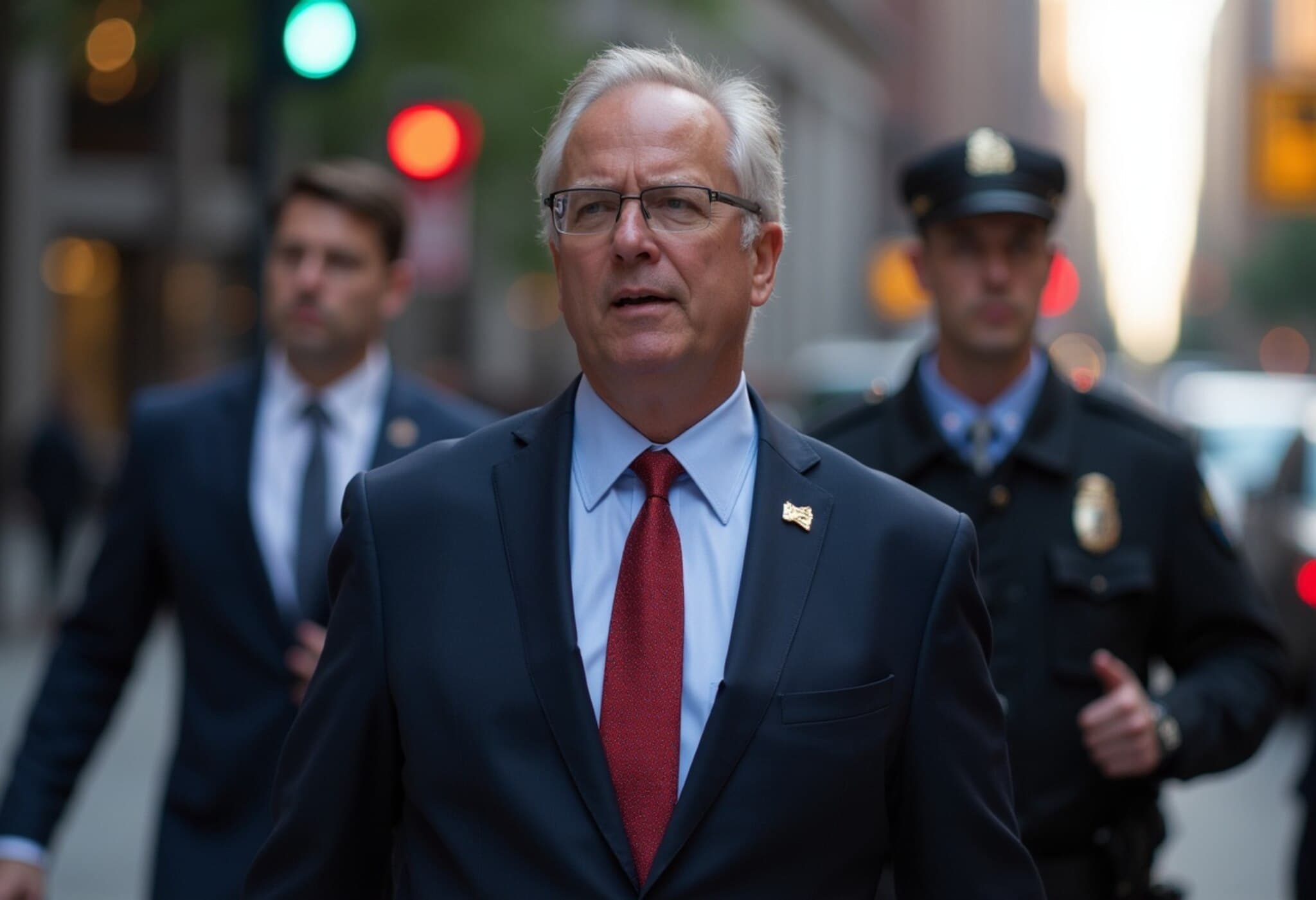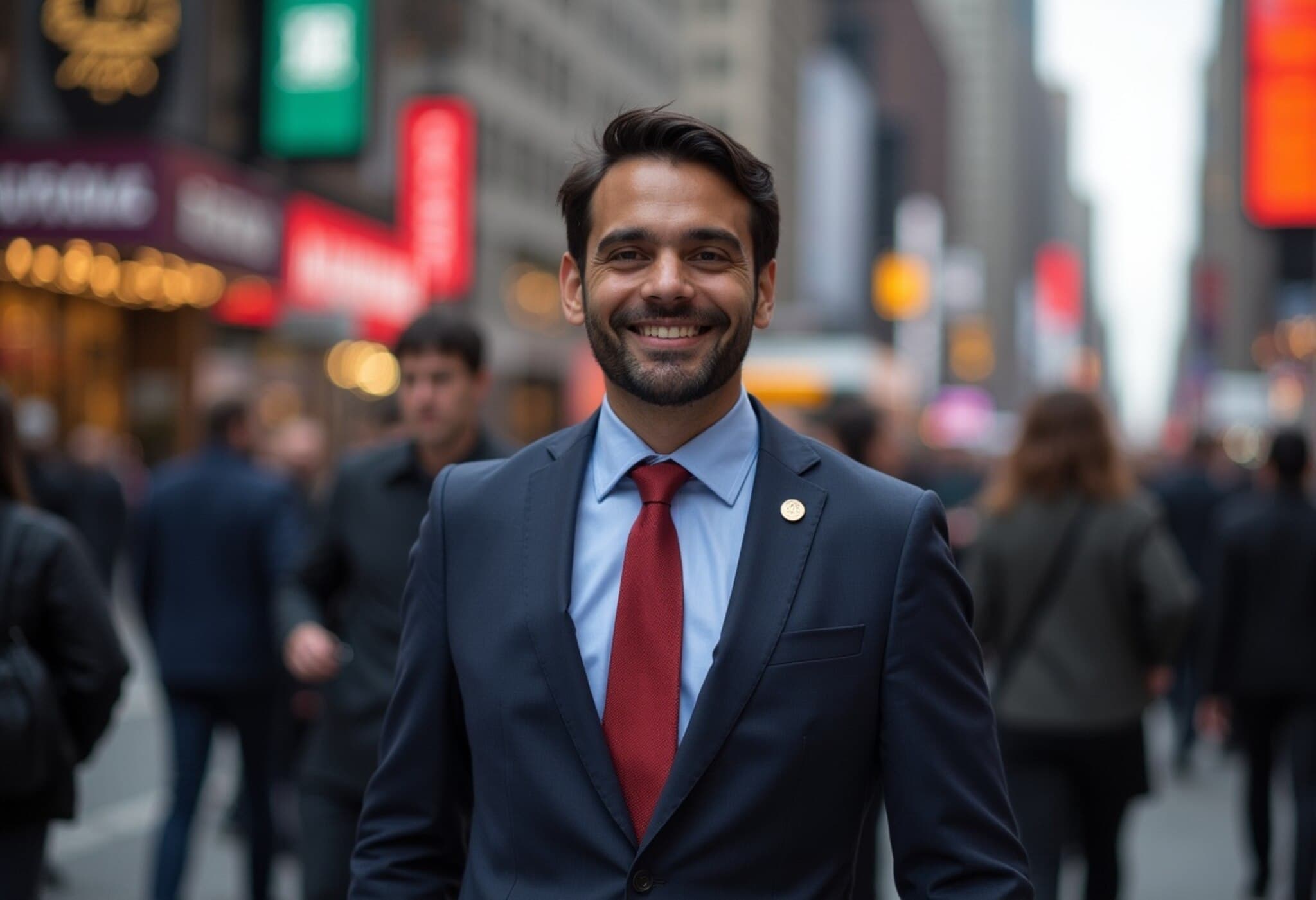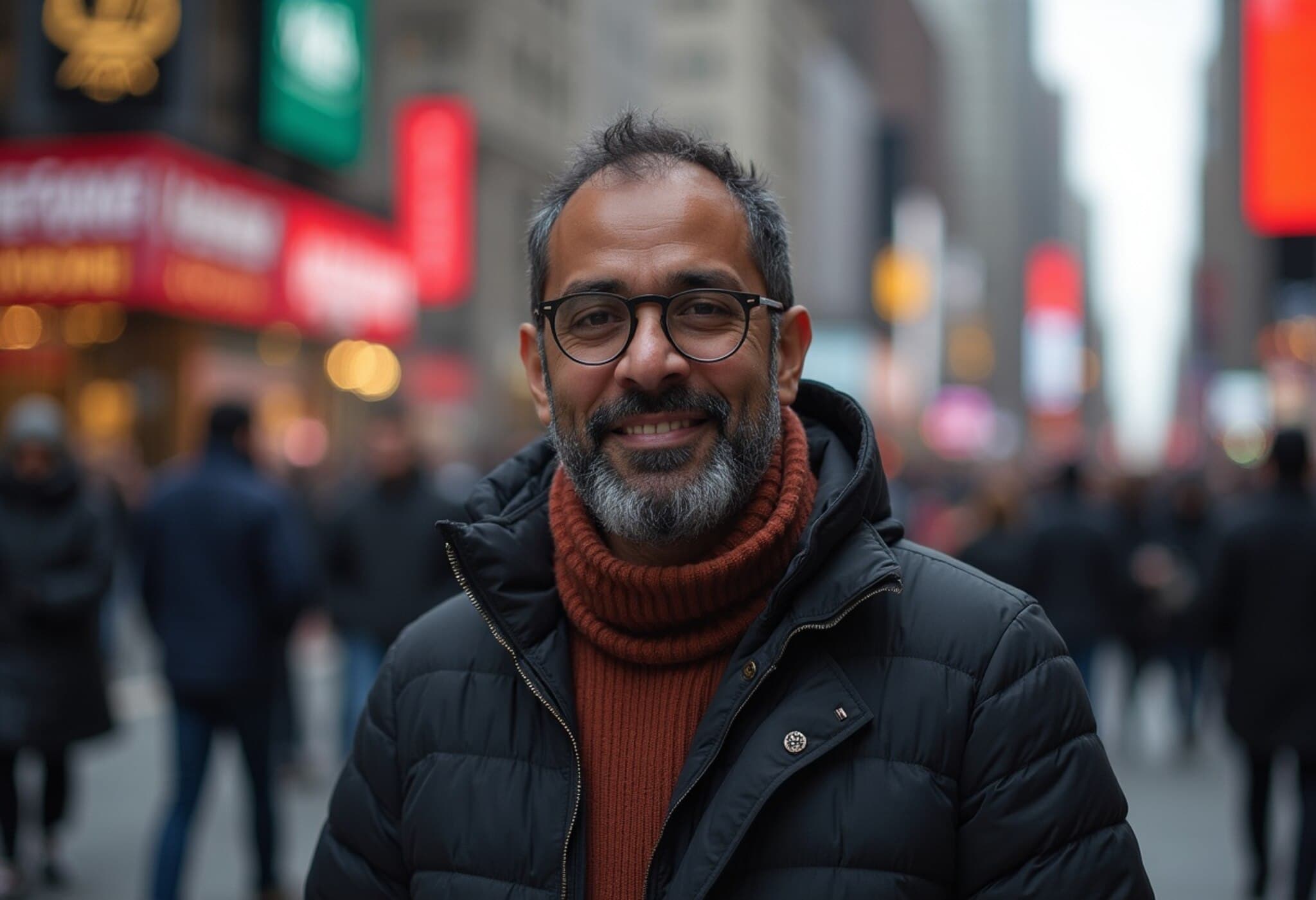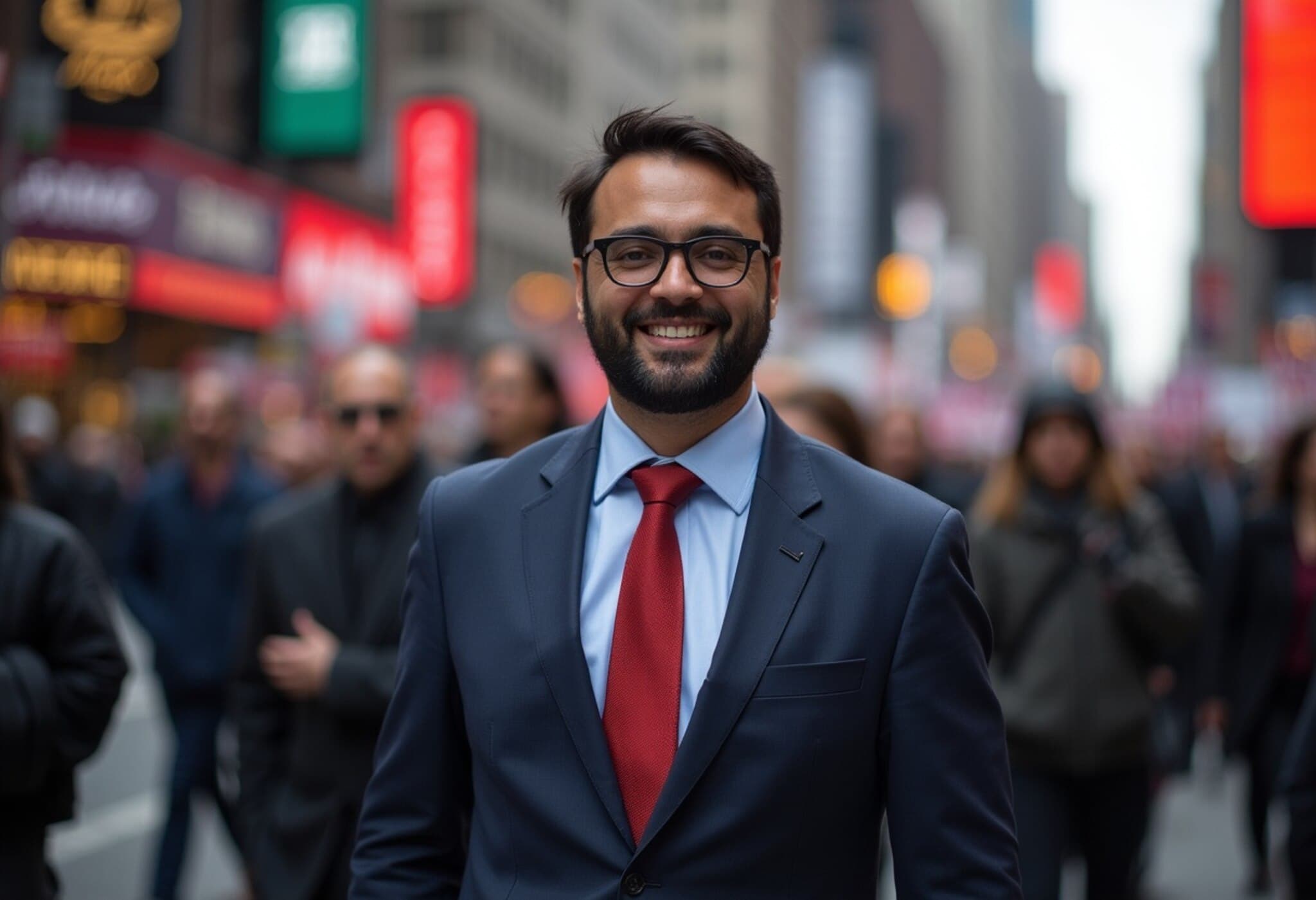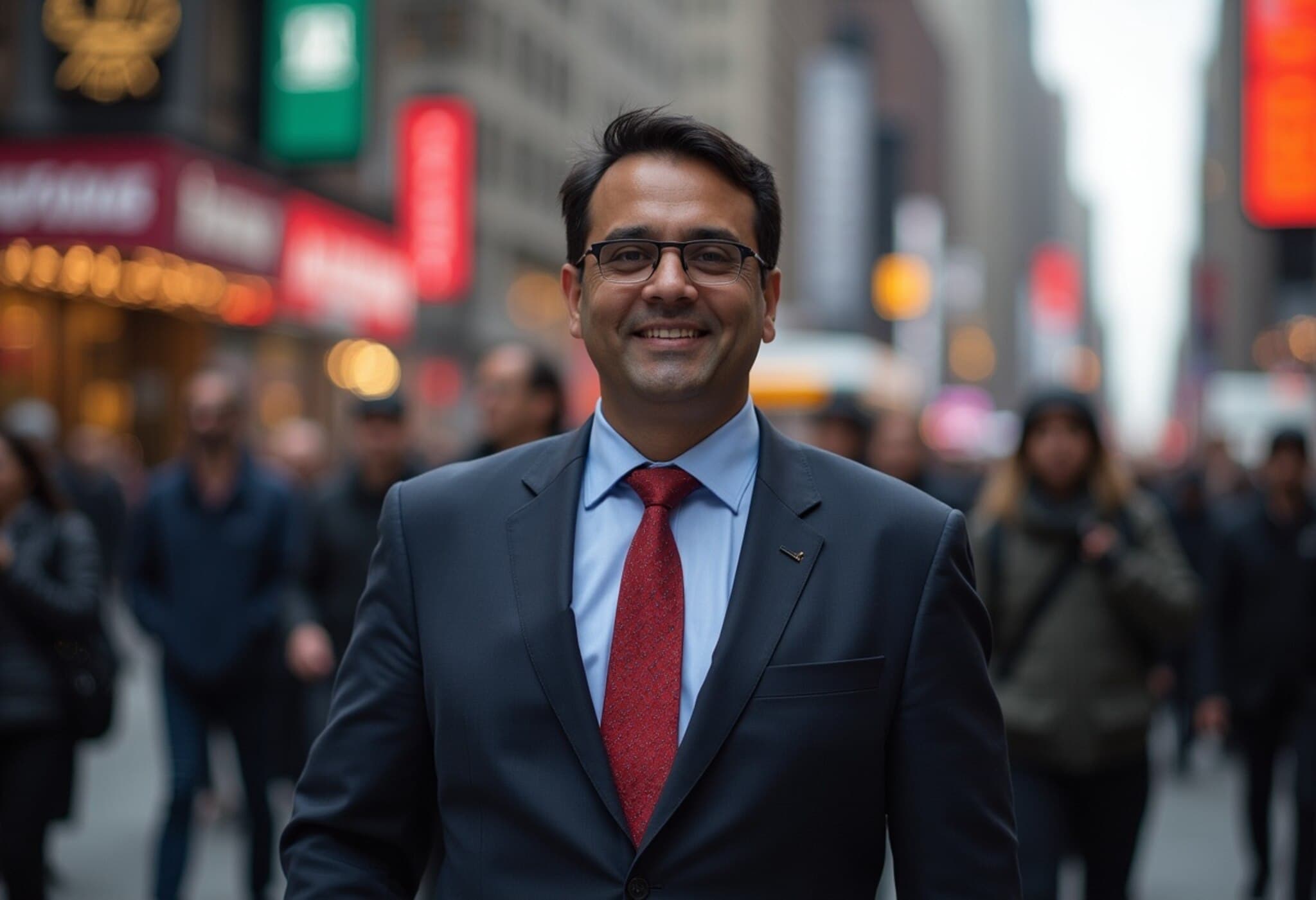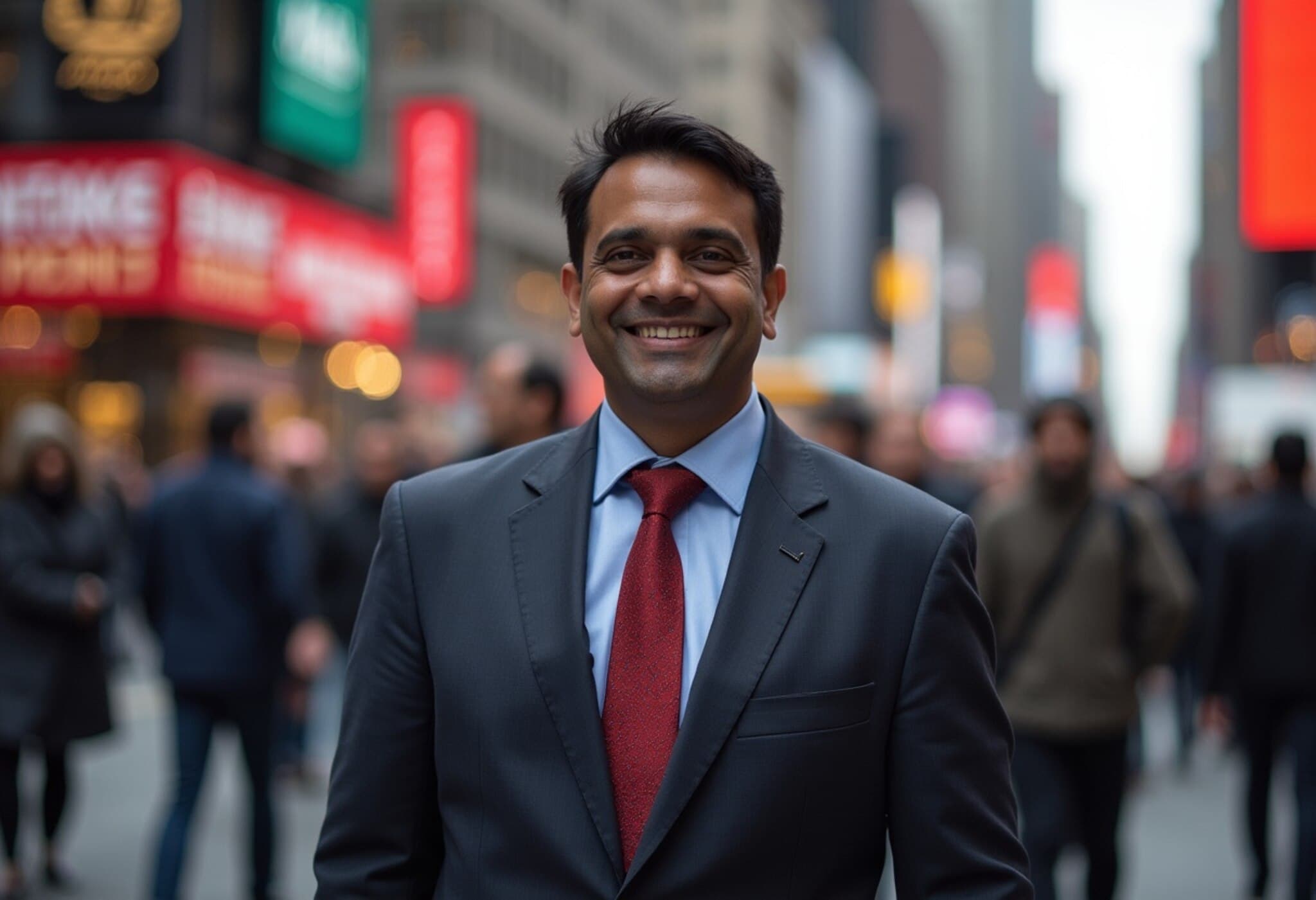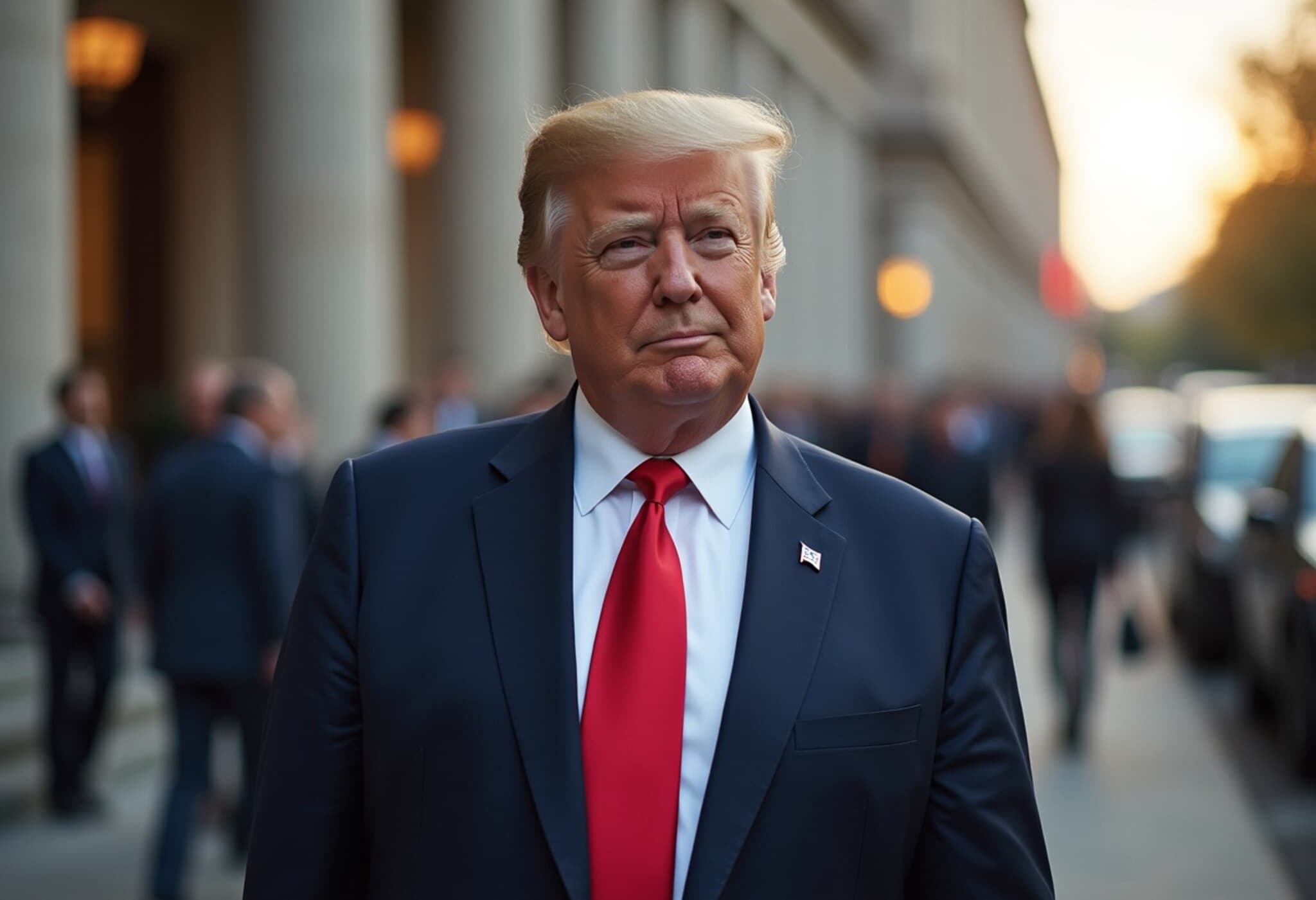Andrew Cuomo’s Unexpected Return to NYC Mayoral Race
In a surprising political move, former New York Governor Andrew Cuomo announced he will continue his campaign for mayor of New York City as an independent candidate. This decision follows his loss to progressive Democrat Zohran Mamdani in the June Democratic primary.
Challenging a Progressive Wave
Cuomo, whose tenure as governor ended amid a highly publicized sexual harassment scandal nearly four years ago, is positioning himself as the voice against Mamdani’s progressive platform. In a recent video message, Cuomo criticized Mamdani’s approach, stating that the progressive candidate "offers slick slogans but no real solutions." Emphasizing low voter turnout—just 13% of New Yorkers participated in the primary—Cuomo asserted, "The fight to save our city isn’t over" and vowed to continue his bid through the November general election.
A Crowded Field Heightens Election Dynamics
The NYC mayoral race this year is shaping up to be highly fractious. Alongside Cuomo’s independent candidacy, incumbent Mayor Eric Adams is also running independently, while Curtis Sliwa, founder of the Guardian Angels anti-crime patrol, remains the Republican nominee.
Opponents of Mamdani’s progressive proposals, which include tax hikes on the wealthy and new social programs, have voiced concern that multiple anti-Mamdani candidates risk dividing the vote. Political analysts warn that this fracture could inadvertently boost Mamdani’s chances of winning the mayoralty by diluting opposition support.
Cuomo’s Tarnished Legacy and Political Comeback
Cuomo’s return to electoral politics marks a notable chapter in his attempt to rehabilitate his public image. After abruptly resigning the governorship amid allegations of sexual harassment—claims he consistently denied and described as politically motivated—his city-wide ambitions reflect a desire to reclaim relevance in New York’s volatile political landscape.
As the campaign advances, Cuomo’s strategy highlights a broader tension in American electoral politics: the clash between established centrist figures attempting to stage comebacks versus a rising tide of progressive voices appealing to younger and more diverse electorates.
Expert Insight:
Political analyst Dr. Maya Hernandez notes, "Cuomo’s decision to stay in the race as an independent underscores how fragmented New York politics has become. With several candidates vying to oppose Mamdani, the anti-progressive vote might splinter, giving Mamdani a clearer path to victory. It also raises questions about whether personal redemption stories can resonate enough to overcome deep political wounds in today's polarized climate."
What to Watch Before November
- Whether Cuomo’s campaign can build a substantial coalition outside traditional party lines.
- If anti-progressive voters rally behind a single candidate or remain divided.
- How voter turnout in the general election compares to the notably low primary participation.
- Whether Mamdani’s progressive platform gains further traction amid demographic changes in NYC.
Editor’s Note
Cuomo’s unfolding mayoral campaign is more than a personal comeback story — it serves as a lens into the shifting political currents within New York City and the Democratic Party at large. As voters prepare for the November election, critical questions emerge about unity, redemption, and the future direction of one of America’s most influential cities.
Will New Yorkers endorse experience tempered by controversy, or will they opt for progressive change despite internal opposition? This election promises to be a pivotal moment not just locally, but as a reflection of broader national debates over political identity and leadership.

